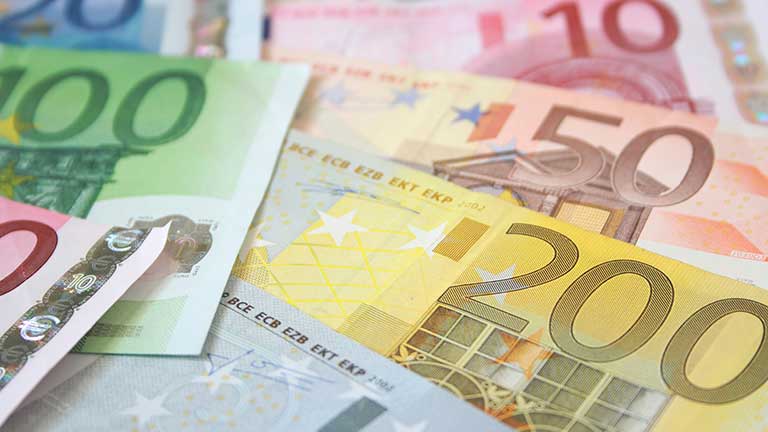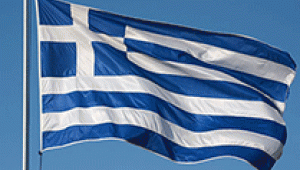Eurogroup officials had suggested they would freeze the second tranche of Greece’s third bailout, worth €86bn, when it emerged that the nation had made progress on just two of the 15 reforms needed under the programme.
But following a meeting of the group in Brussels yesterday, it was announced that Greece has now met all 15 conditions of the second tranche and is expected to receive all of the funds by the end of October.
Speaking after the meeting, Eurogroup president and Dutch finance minister Jeroen Dijsselbloem said the 15 “milestones”, including “important reforms... on pensions, energy sector, bank governance, as well as on the setting up of the privatisation fund and revenue agency” had been completed.
“The progress enables the European Stability Mechanism [the eurozone’s bailout fund] to disburse the €1.1bn ($1.2bn) remaining under the second tranche.”
A further €1.7bn ($1.9bn), earmarked specifically for the payment of debt arrears, will be delayed slightly, until the end of the month, due to a technical hitch: Greek authorities have not finished collecting data on arrears for September.
Dijsselbloem said there had been “substantial progress” on arrears clearance for July and August, paving the way for the release once the necessary data for September has been collected.
He acknowledged that collating this data was time consuming – “that cannot be helped, it cannot be done faster. We hope and presume that before the end of October those data are available.”
Neither the Greek nor European authorities see the delay as a significant issue as Greece has no repayments to make during that time.
But the nation’s colossal debt pile, worth €311bn ($345bn), or 177% of GDP, remains a sensitive topic.
The International Monetary Fund believes Greece needs earlier and more generous debt relief, and less ambitious budget surplus targets, than what has been put on the table by the country’s European creditors so far.
The Washington-based lender is so adamant about that fact that it has so far refused to participate in this latest bailout.
Greece has endured more than half a decade of economic crisis. After six years of recession, its output has been slashed by 25%, unemployment and poverty spiral, and public services have been decimated. Relations between the nation and its creditors have at times been so hostile that it was feared the country could be ejected from the eurozone.
Athens, in particular the government of leftist prime minister Alexis Tsipras, has in the past resisted creditors’ demands for austerity reforms that many describe as draconian and even the IMF’s own watchdog has criticised.
But since the third bailout was agreed last year, the country has pushed through a raft of harsh measures in return for funds, and tensions have eased.
The latest included liberalising the energy sector, the creation of an Independent Revenue Agency and a privatisation and investment fund, and pension reforms.
The Tsipras government has to make €1bn ($1.1bn) in pensions savings under the terms of the bailout. Last week, police fired tear gas at protesting pensioners, who have seen their pensions’ worth fall by 25-55% compared to before the crisis.
Economists in Athens and around the world are predicting a return to growth for Greece, as early as the second half of 2016. The OECD expects the country’s economy to expand by 1.9% next year.












